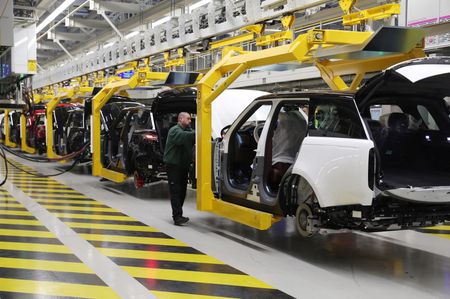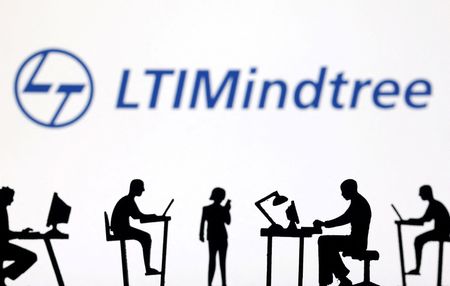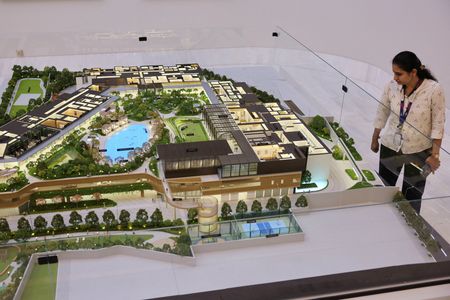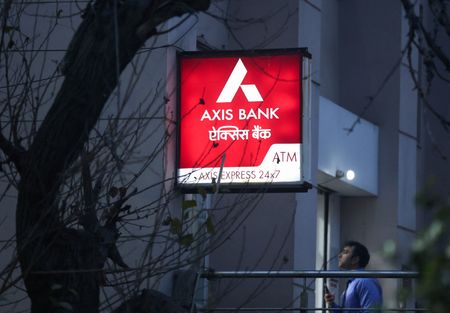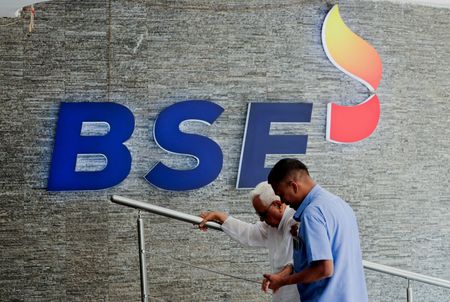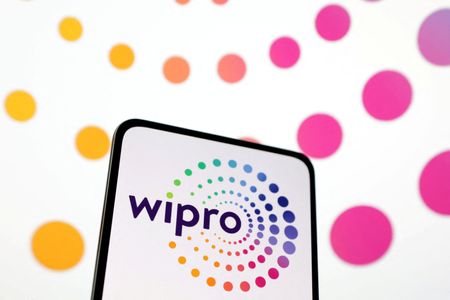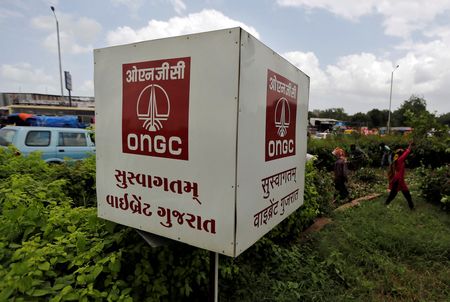(Reuters) -An EV battery recycling project backed by Jaguar Land Rover has received British government funding to recover critical minerals from end-of-life batteries, startup Mint Innovation said on Thursday.
The project to recover lithium, nickel and cobalt from used batteries is part of the 2.5-billion-pound ($3.35 billion) DRIVE35 programme that the UK Department for Business and Trade launched on Sunday to support the transition to electric cars.
WHY IT’S IMPORTANT
Britain plans to phase out sales of new petrol and diesel cars by 2035. But globally demand for EVs has fallen behind expectations, with consumers citing high upfront costs as the main barrier.
BY THE NUMBERS
The lithium-ion battery project will be in Britain’s West Midlands and run for three years, Mint Innovation said in a statement.
The cleantech company’s project is backed by Tata Motors’ unit Jaguar Land Rover, LiBatt Recycling and the Warwick Manufacturing Group department of the University of Warwick.
It has secured 8.1 million pounds in funding, including 4.05 million from the government’s Advanced Propulsion Centre UK.
Britain’s DRIVE35 will commit 2 billion pounds in funding to 2030 and an additional 500 million pounds for research and development to 2035 to support job creation and EV innovation, the Department for Business and Trade said on Sunday.
KEY QUOTE
“Our advanced processes aim to not only deliver high-quality materials … but also help to reduce our reliance on virgin materials,” said Beth Johnston, Assistant Professor at the University of Warwick.
CONTEXT
In April, Britain softened its demands on automakers to shift to EV production, seeking to alleviate pressure on an industry already reeling from U.S. import tariffs.
In June, Jaguar Land Rover trimmed its fiscal 2026 margin forecast due to slowing global auto demand, months after shelving plans to build EVs at a new $1 billion Tata factory in southern India.
($1 = 0.7460 pounds)
(Reporting by Alessandro Parodi. Editing by Mark Potter)

